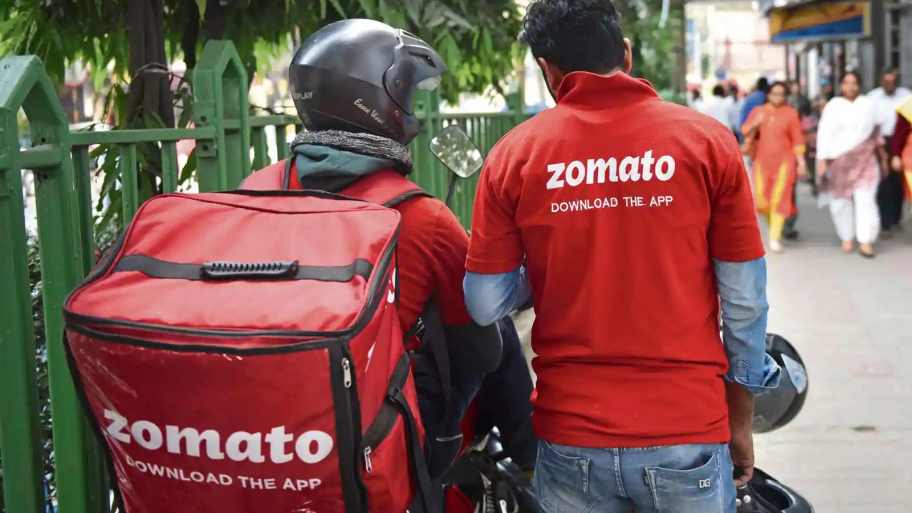Chinese payments giant Alipay divests stake in Indian food delivery startup Zomato for $400 million

Chinese payments giant Alipay is planning to sell its 3.4% stake in the Indian food delivery giant, Zomato, for nearly $400 million through block deals on Indian stock exchanges, according to an exclusive report from Reuters, citing three sources familiar with the matter and a review of the deal’s term sheet.
According to the term sheet, Reuters reported that Alipay, a subsidiary of Ant Group, will divest its entire 3.44% stake in Zomato. Advisers for the deal include Bank of America and Morgan Stanley. The transaction is expected to take place later this week on Indian exchanges, as mentioned by the sources who preferred to remain anonymous due to the confidential nature of the plan.
As of now, there has been no immediate response from Zomato, Bank of America, Morgan Stanley, or Alipay regarding this development.
It’s unclear whether Alipay’s decision to sell its stake is related to the current challenges Zomato is grappling with after the recent departure of the company’s co-founders. In January, Gunjan Patidar, a co-founder and former CTO of Zomato, resigned, following another co-founder, Mohit Gupta, who stepped down just two months earlier. This comes only a year after Zomato’s initial public offering.
Zomato’s shares have experienced a notable surge of over 90% this year, recovering from a more than 50% dip in 2022 when global tech stocks faced challenges. The timing for Alipay’s exit aligns with the significant recent increase in Zomato’s share value. The block deals are set to be executed at 111.28 rupees per share, representing a 2.2% discount to Zomato’s closing price on Tuesday, Reuters reported, citing the term sheet.
This move by Alipay follows a trend of Chinese investors reducing their stakes in Indian companies. In October, Japan’s SoftBank sold a 1.1% stake in Zomato, India’s largest food delivery service. The increased demand for online ordering has prompted rapid expansion efforts by companies like Zomato.
Alipay’s decision to exit Zomato also mirrors similar actions by other Chinese investors, such as Antfin selling a 10.3% stake in Indian financial giant Paytm in August. The tech sector, including companies like Zomato, has experienced a resurgence following challenges in the previous year, with concerns raised about the high valuations of some Indian startups that entered the stock market in recent years.
Founded in 2008 by Pankaj Chaddah and Deepinder Goyal, Zomato is a platform that provides users with information, menus, and reviews of restaurants, along with food delivery services from partner restaurants in select cities. Zomato’s reach extends to over 55 million users across 24 countries, connecting them with a diverse range of dining options.
Before its initial public offering, Zomato successfully secured $2.1 billion in funding through 21 rounds, with investments coming from notable backers such as Tiger Global, Temasek, Baillie Gifford, Kora, Luxor, Fidelity (FMR), D1 Capital, Baillie Gifford, Mirae, Steadview, and Ant Financial.
Similar to Uber Eats, Zomato offers a search app that furnishes comprehensive details about restaurants. This feature enables consumers to explore, rate, and review restaurants while also facilitating the creation of a personal network of food enthusiasts for trusted recommendations.
In 2020, we covered Zomato’s strategic move when Uber sold its unprofitable online food-ordering business in India to the local competitor, Zomato. The deal involved the exchange of a 9.99% stake in Zomato for Uber Eats. This strategic sale allowed Uber Eats to minimize its losses while retaining a stake in a market projected to be valued at $15 billion by 2023.

